Today’s readings
“You shall be my people, and I will be your God” (Ezekiel 36:28). I love that last line from the last of the Old Testament readings we heard tonight. There is a covenant, there has always been a covenant, there always will be a covenant. God created us in love, and he loves us first and best. No matter where we may wander; no matter how far from the covenant wemay stray, God still keeps it, forever. We will always be his people and he will always be our God. If I had to pick a line that sums up what we’re here for tonight, what we’ve been here for these last 40 days of Lent, that would be it.
Over the past couple of days, as we have observed this Sacred Paschal Triduum, which comes to its denouement tonight in this Vigil of vigils, we have been on a journey to the Cross. We get that direction from Holy Mother Church, as She sets the tone for this Triduum in the lines of the Entrance Antiphon, which we heard way back on Holy Thursday Evening. That antiphon was this:
We should glory in the Cross of our Lord Jesus Christ,
in whom is our salvation, life and resurrection,
through whom we are saved and delivered.
It might seem a little odd to reflect on the Cross – triumph or not – on this holy night. I mean, surely we’ve moved on, haven’t we? We came here for resurrection and want to get on with our lives. Just like we tend to rush through our grieving of loved ones – to our own psychological and spiritual peril, by the way – so too we want to rush through our Lent and particularly our Good Friday and Holy Saturday, so that we can eat our Peeps and chocolate bunnies and call it a day.
But we disciples dare not let it be so. Because certainly we know how we got here to this moment. We know that we would never get an Easter Sunday without a Good Friday, that we can’t have resurrection if there hasn’t been death, that we there isn’t any salvation if there hasn’t been a sacrifice.
And there sure was a sacrifice. Our Lord suffered a brutal, ugly death between two hardened criminals, taking the place of a revolutionary. He was beaten, humiliated, mistreated and nails were pounded into his flesh, that flesh that he borrowed from us, through the glorious fiat of the Blessed Virgin Mary. He hung in agony for three hours and finally, when all was finished, he cried out in anguish and handed over his spirit. Placed in the tomb, he descended into hell. Collecting the souls of the blessed ones of old, he waited while earth mourned and disciples scattered and everyone wondered what happened to this Christ, this Anointed One, this One who was supposed to be their Messiah.
And then came the morning. The Sabbath was over, and the sun was rising in the east on the first day of the week, and the women came with spices to prepare their Lord for burial. But they couldn’t: he has been raised! He is not here! Our Lord is risen and death is defeated! The menacing, ugly Cross has become the altar of salvation! The Cross, that instrument of horror, has triumphed over every darkness thrown at it, and we can– and we should – do no less than praise our God with all the joy the Church can muster!
We have journeyed with our Jesus for three days now. We ate with him, we prayed through the night with him, some of us at seven churches. We saw him walk the way of the Cross and tearfully recalled his crucifixion. We reverenced the Cross, joining our own crosses to his. Now we’ve stayed up all night and shared the stories of our salvation, with eager excitement at the ways God has kept that covenant through the ages. A roaring fire shattered the darkness, and a candle was lit to mingle with the lights of heaven. Then grace had its defining moment as Christ shattered the prison-bars of death and rose triumphant from the underworld.
It’s so important that we enter into Lent and the Triduum every year. Not just because we need to be called back from our sinfulness to the path of life – yes, there is that, but it’s not primary here. What is so important is that we see that the Cross is our path too. In this life we will have trouble: our Savior promises us that. But the Cross is what sees him overcome the world and all the suffering it brings us. We will indeed suffer in this life, but thanks be to God, if we join ourselves to him, if we take up our own crosses with faithfulness, then we can merit a share in our Lord’s resurrection, that reality that fulfills all of the salvation history that we’ve heard in tonight’s readings.
Our birth would have meant nothing had we not been redeemed. If we were born only to live and die for this short span of time, how horrible that would have been. But thanks be to God, the sin of Adam was destroyed completely by the death of Christ! The Cross has triumphed and we are made new! Dazzling is this night for us, and full of gladness! Because our Lord is risen, our hope of eternity has dawned, and there is no darkness which can blot it out. We will always be God’s people, and he will always be our God!
And so, with great joy on this most holy night, in this, the Mother of all Vigils, we rightfully celebrate the sacrament of holy Baptism. Our Elect will shortly become members of the Body of Christ through this sacrament which washes away their sins. Then they will be confirmed in the Holy Spirit and fed, for the first time, on the Body and Blood of our Saving Lord. It’s a wonderful night for them, but also for us, as we renew ourselves in our baptismal promises, and receive our Lord yet again, to be strengthened in our vocation as disciples.
We should glory in the Cross of our Lord Jesus Christ,
in whom is our salvation, life and resurrection,
through whom we are saved and delivered.
We are and always will be God’s people. God has made new his glorious covenant through the resurrection of our Christ. And so, having come through this hour to be sanctified in this vigil, we will shortly be sent forth to help sanctify our own time and place. Brightened by this beautiful vigil, we now become a flame to light up our darkened world. That is our ministry in the world. That is our call as believers. That is our vocation as disciples. “May this flame be found still burning by the Morning Star. The one Morning Star who never sets, Christ your Son, who coming back from death’s domain, has shed his peaceful light on humanity, and lives and reigns forever and ever. Amen.”
Christ is risen! He is risen indeed! Alleluia!

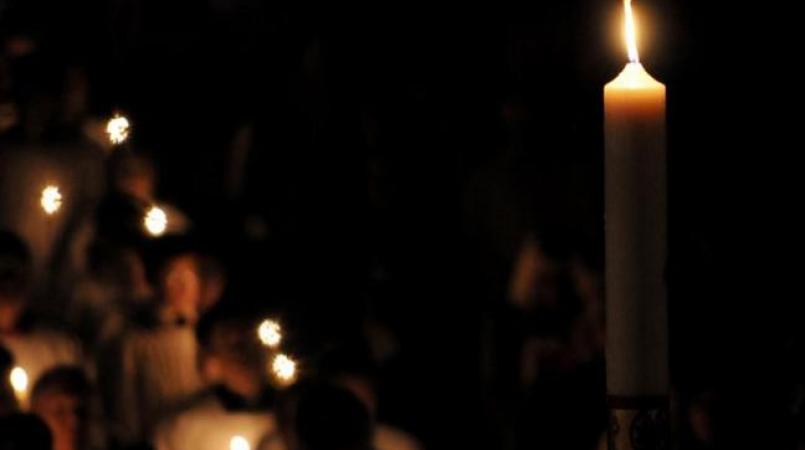
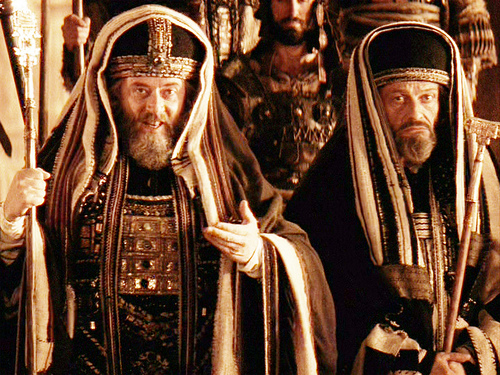
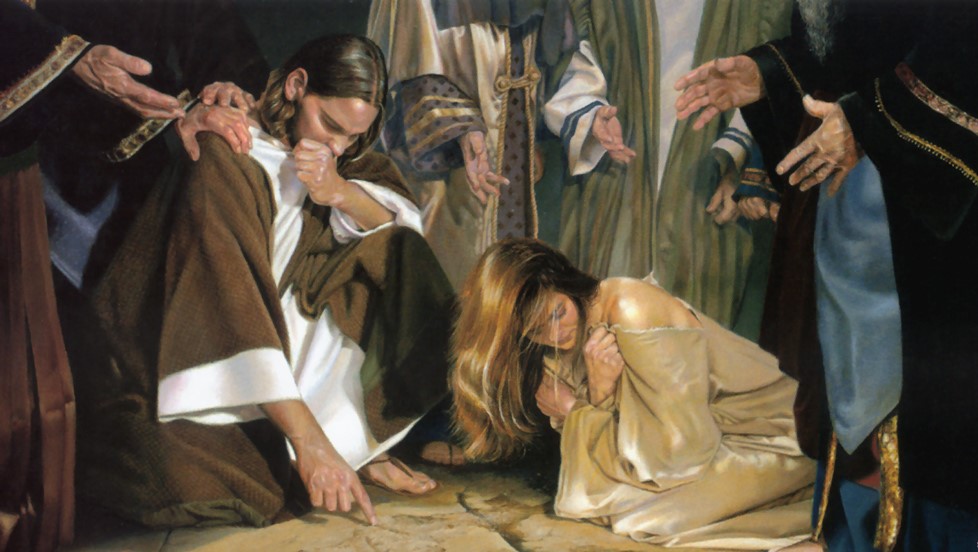
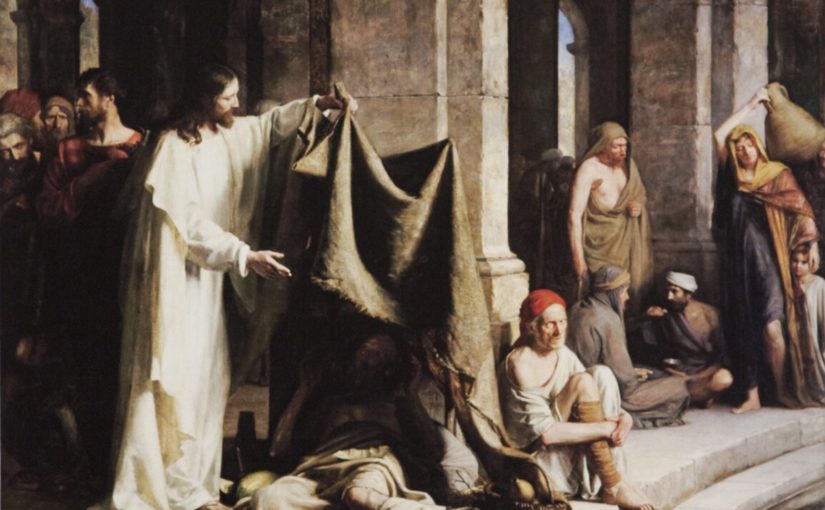
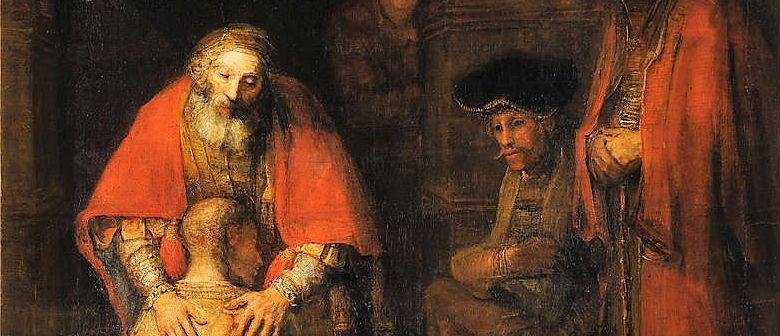
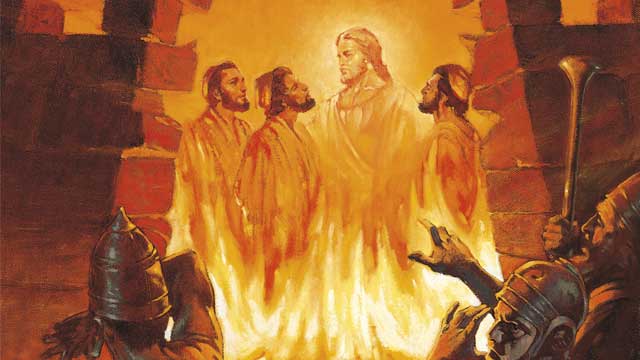

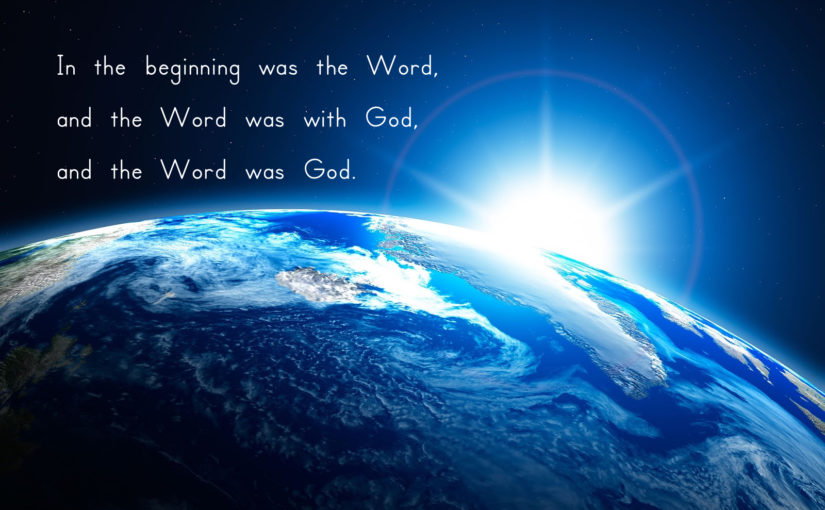
You must be logged in to post a comment.